Are we in a climate emergency? How is that not a dumb question?

Heating and powering our homes and businesses generates a lot of our climate-changing pollution; our built environment is a major contributor to global warming. If our homes and buildings were carbon-free and energy efficient, we would significantly reduce our climate pollution, drastically cut energy costs for owners and renters, and improve air quality where we live and work.
For example, in both Oregon and Washington State, climate-worsening pollution from buildings are growing at a faster rate than any other source, with this increase largely attributable to the use of fossil gas in homes and buildings. Burning fossil gas in homes and buildings is not only a significant contributor to climate change, but also poses significant health risks for our communities, children, and other vulnerable populations.
Indoor air quality issues are particularly concentrated for low-income residents in smaller units with poor ventilation. Communities of color are already disproportionately impacted by outdoor air pollution, and should not continue to be disproportionately harmed by poor indoor air quality as well. Gas appliances also worsen our outdoor air quality. For example, California’s residential appliances releasing more than two times as many NOx emissions as all of their gas power plants combined, and commercial gas appliances releasing just as much NOx pollution as all of California’s cars.
States and many cities in the region and around the country are increasingly looking at ensuring all new buildings are electric as a key cost-effective pathway for achieving their local or state greenhouse emissions goals. Electrifying buildings is critical to addressing climate change, but it is also achievable, affordable, safe, and creates a more resilient energy system.
We are working with lawmakers and community partners to move rapidly toward electrifying our buildings for heating, cooling and cooking. We can also construct homes and buildings that get all their energy from sustainable sources, and even produce as much energy as they use — net zero energy buildings.
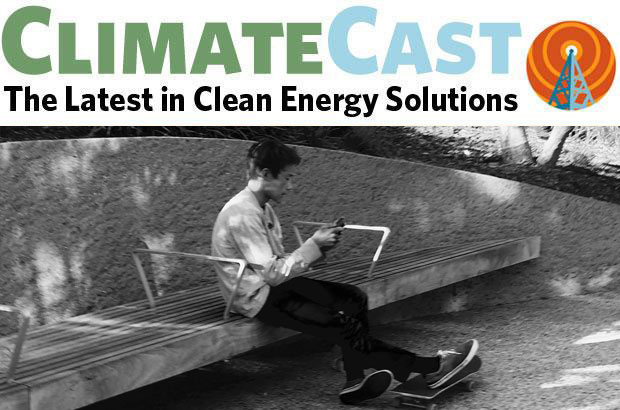
Bridging the digital divide, EVs keep accelerating, fossil fuel dirty deeds, and spreading climate hope.
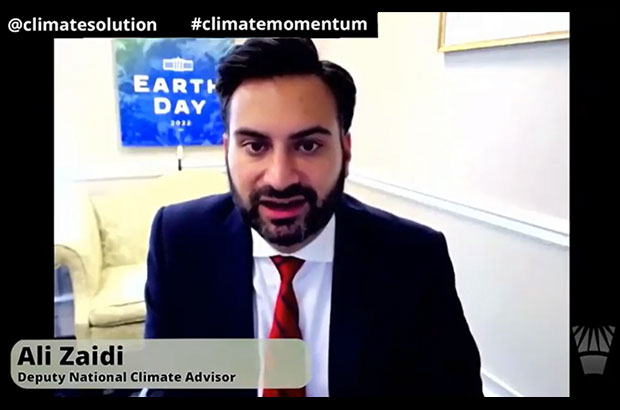
Representative Pramila Jayapal, National Deputy Climate Advisor Ali Zaidi, plus a panel of Northwest-based climate leaders... Wow, I still cannot believe the lineup of inspiring leaders who joined us for our May 2022 online event, Momentum: Embarking on a new era of climate leadership.
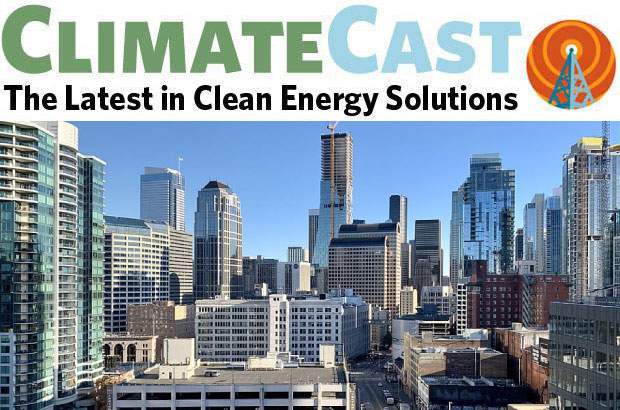
Washington leads with action on clean energy in commercial buildings. Also: clean energy everywhere demands grid growth and better batteries; both are coming.
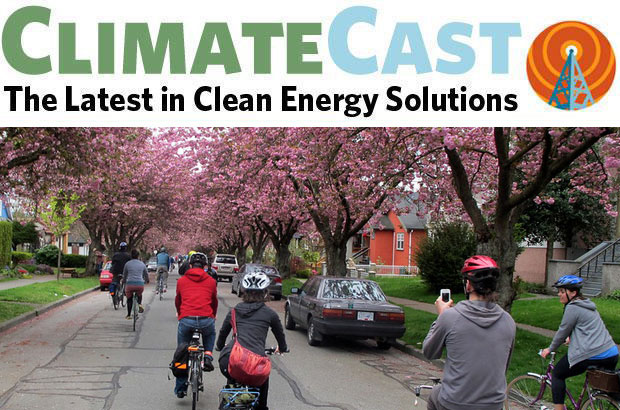
In this week's ClimateCast: clean energy results from the Oregon and Washington legislatures; fossil fuels and the Ukraine humanitarian crisis; and the EPA takes action on truck emissions

In 2022, the Washington Legislature built upon the transformational shift we’ve begun in recent years; lawmakers took important steps in a few key areas, but hesitated in others.
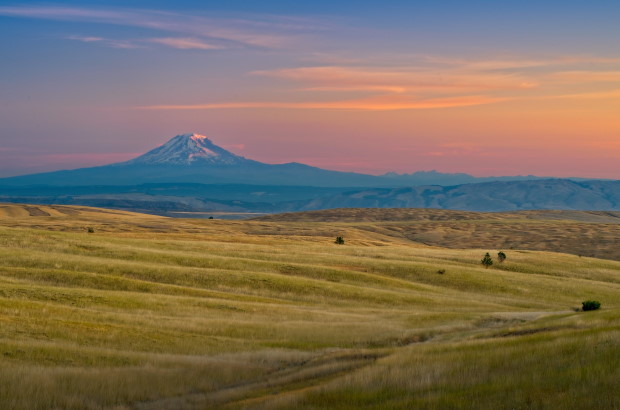
Today is a significant milestone for Oregon’s climate progress, but it requires a little time traveling to the cusp of the pre-COVID times to fully appreciate how far we’ve come.
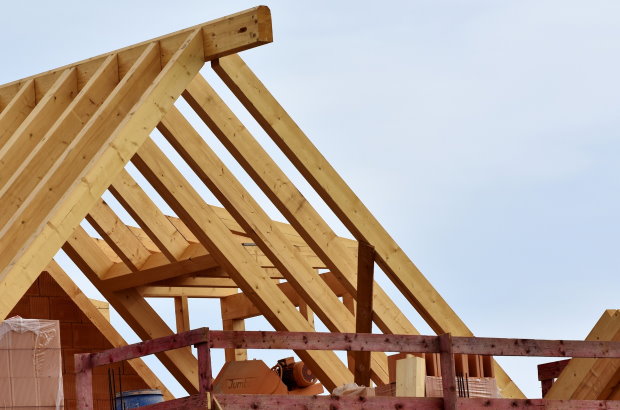
This session, the legislature provided historic levels of investments in clean energy solutions and electric vehicles, as well as significant progress for environmental and social justice in our state.
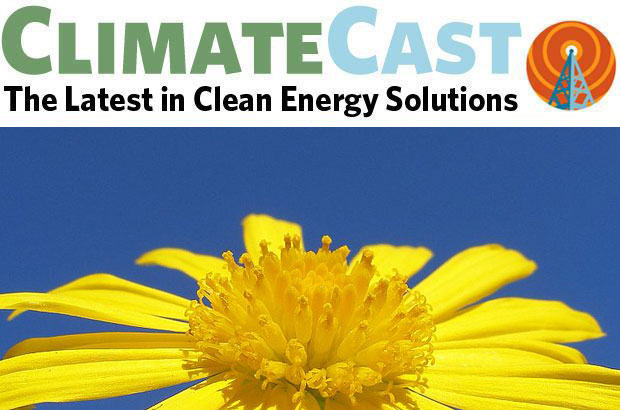
In this week's ClimateCast: a grim new report from the IPCC; a fossil-fueled war in Ukraine; underwhelming action from the federal government, and signs of progress in Oregon

Oregon's legislators heard your calls to address climate pollution from buildings—but it’s taking a new form. Also, don't miss updates on our statewide other climate priorities.
Join our email list to learn about what we do and how to get involved.
Heating and powering our homes and businesses generates a significant amount of pollution contributing to global warming. With clean, energy efficient homes and buildings, we would significantly reduce climate pollution, drastically cut energy costs for owners and renters, and improve air quality where we live and work.
This calendar invite is provided as a courtesy from Climate Solutions. If you have questions about this event, please contact jlorenze@willamette.edu.
NO REGISTRATION REQUIRED – CLICK THIS LINK TO JOIN: https://willametteuniversity.zoom.us/j/93845813953